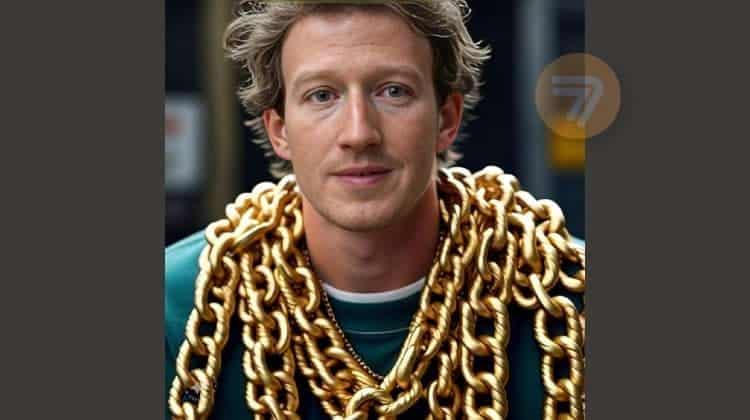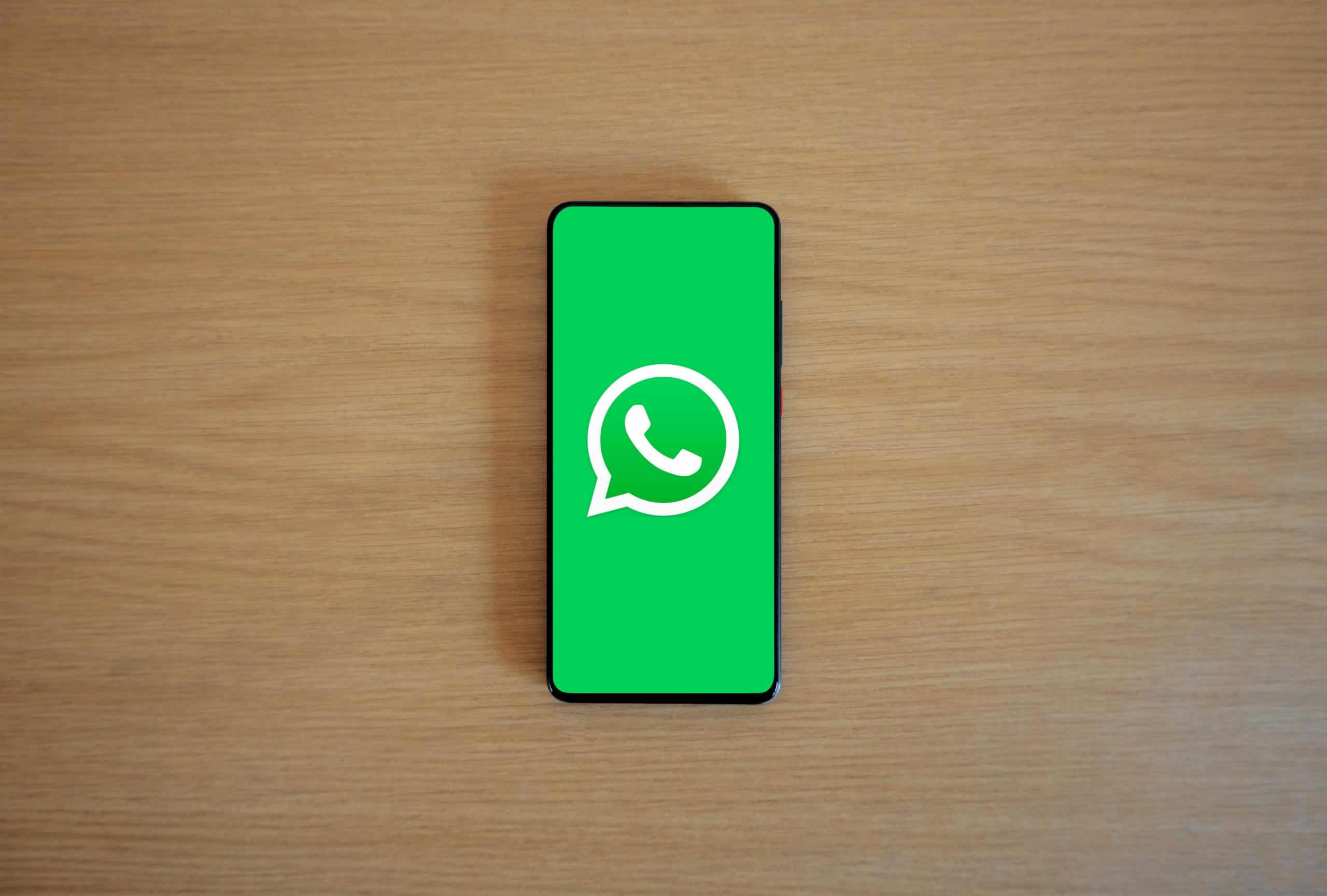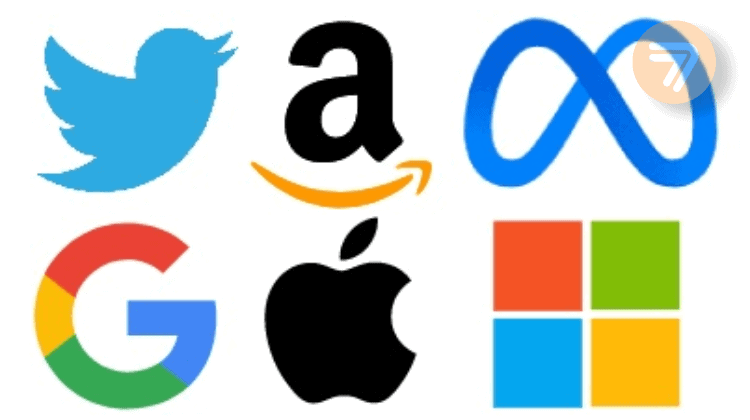India Firmly on the Map of Global Tech and iGaming Giants
11 Sep 2024
The world’s Number One and Number Twenty-Three biggest iGaming companies have entered the Indian high-skilled jobs market. Earlier entries like BMM Testlabs, a game testing and tech consultancy, back them; BMM opened a testing facility in Gurgaon in 2022.
It’s no wonder Big Tech is following suit. Flutter and Kindred are also casting a strategic eye on India. The country has nearly 1.5 billion people and a fast-growing digital economy.
Meta Opens WhatsApp Business to Indian Small RMG Enterprises
On Tuesday, August 20, Mark Zuckerberg’s Meta created turmoil in Bharat. This was due to an email announcing a pending update to WhatsApp Business messaging policy.
The update would allow advertising of certain products via the platform in India, APAC (Asia-Pacific), and LATAM (Latin American) countries. These products include online real money games, over-the-counter (OTC) drugs, and alcohol.
Just two days later, the company issued an official statement. The statement clarified the scope of the policy update.
This was an attempt to calm the public controversy sparked by the announcement. It also aimed to address concerns related to the potential effect on public health and consumer behavior.
“When we set business policies for our service, we respect local laws. And therefore certain business messaging or other types of communication are not going to be allowed in certain countries, including India. The referenced communication lacked that precision that is reflected in our formal policies and documents,” a Meta spokesperson stated.
What Does the Updated Business Policy Actually Say?
A quick look at the “formal” WhatsApp Business Messaging Policy shows certain prohibitions. The policy prohibits using the platform’s services for “operating, buying, selling, promoting, or otherwise facilitating the exchange of illegal products or services.”
The policy defines categories like “Alcohol and tobacco,” “Drugs, whether prescription, recreational, or otherwise,” and “Real Money Gambling and Gaming” as Restricted or Regulated Verticals. It allows for certain limited exceptions.
The list of countries that allow business messaging about over-the-counter drugs includes India. However, jurisdictions that permit alcohol messaging do not include India.
Regarding “Online Gambling and Gaming,” which includes “betting, lotteries, raffles, casino games, fantasy sports, bingo, poker, skill game tournaments, and sweepstakes,” India is listed with a clarification. The clarification states that “state-specific restrictions will be applicable.”
The policy specifies that “WhatsApp Business messaging that promotes online gambling and gaming must comply with all applicable local laws.” It must also follow any required or established industry codes, guidelines, and licenses. Additionally, it must adhere to age and country requirements consistent with local laws. The policy further clarifies that companies may not send messaging to people under 18 years of age.
Businesses wishing to promote activities under this Regulated Vertical must first obtain permission from Meta. They must also prove that the products and services they wish to advertise are “appropriately licensed by a regulator.” Alternatively, they must show that the products are “established as lawful” in the concerned territories.
The Policy Shift Could Offer a Lifeline to India’s Smaller Gaming Cos

In India’s cash-starved environment for non-giant money gaming businesses, many operators are struggling. One-third of these operators are disbursing between 50% and 100% of their turnovers on GST levy.
WhatsApp’s policy update to allow “Online Gambling and Gaming” messaging could be a lifeline for many companies under stress.
Meta has a combined user base of around one billion in India across its platforms. These include WhatsApp, Facebook, Instagram, and Threads, making India Meta’s largest global market.
Indian Micro, Small, and Medium Enterprises (MSMEs) in the online skill gaming sector often lack the resources to compete with larger companies. These include giants like Dream11, Games24x7, or Delta Corp.
MSMEs access crucial for smaller companies
Granting MSMEs cost-effective access to WhatsApp’s vast consumer base could be crucial. It could determine whether an MSME survives or is overtaken by bigger competitors.
Initial reactions in India were mixed, with many focusing mainly on the potential risks for the public. “Meta, a company that earns from advertising to the masses, has played its best move to initiate advertisements of alcohol and gambling. But at what cost?” advocate Shabbir Shora, High Court of Bombay, asked.
“Several other brands are already in the foul. As their ads are being aired with well-known artists and celebrities endorsing gaming and betting apps. The respective ministries must have a board for such advertisements, and only after receiving assent to the authenticity of the company, should such advertisements be aired to avoid and weed out fraudsters,” advocate Shora added.
“Just as we do not ignore the presence of an alcohol shop in our neighbourhood or a casino while travelling, we shouldn’t impose overly restrictive regulations on digital advertising. Especially when these industries have historically utilised surrogate advertising methods and are already connecting with audiences through many other avenues,” reasoned Mahesh Devrani, partner at SPAG FINN Partners, a global healthcare integrated marketing PR agency.
“Advertising is just one piece of the puzzle. And it is ultimately up to consumers to choose how they engage, with the onus on governments and organisations to provide robust education and awareness programmes to help individuals understand the risks associated with gambling and alcohol consumption. A well-informed public is the best defence against potential harms. Rather than blanket bans or heavy-handed regulations on advertising,” Mahesh Devrani concluded.



